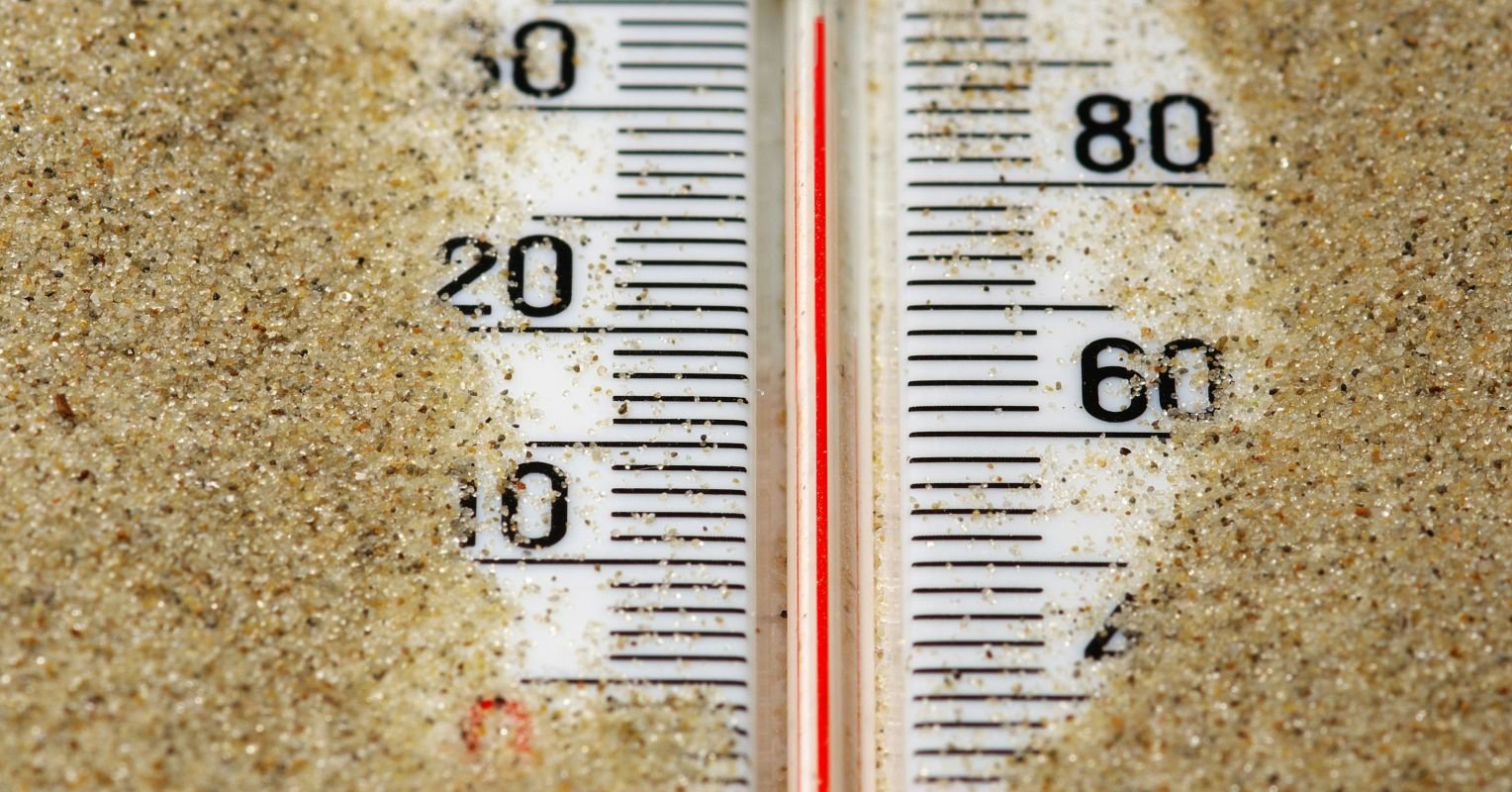Excessive temperatures can affect not only your body but your brain as well.
As temperatures rise and stay high in many parts of the U.S. this summer, many are feeling the effects — not just on their bodies, but on their moods and emotions. From low energy and irritability to trouble sleeping and feeling increasingly isolated at home, excessive heat can have a significant impact on people’s mental health.
What does the science say about this? A literature review published in Health Science Reports in 2023 attempts to answer that question.
As concerns about climate change grow, it is important that more proactive strategies are put in place that recognise the impacts of heat on mental health. With depression and anxiety already at problematic levels, it is vital that discussions about climate change include its impact on mental health.
The Health Science Reports paper, written by lead author Mustaq Karim Khan Rony from the Bangladesh Public Health Department, was a multidisciplinary literature review. Environmental science, psychology, public health and climate research were all included. The results highlighted that every uncomfortable rise in temperature can have some subtle but meaningful effects, including increased anxiety. High temperatures activate the body’s stress response, which increases the release of cortisol and epinephrine. This exacerbates existing anxiety and makes previously calm people feel anxious. Emotional sensitivity also increases, making people more agitated, more prone to conflict and frustration, and more impatient.
Further dehydration in the heat can lead to changes in cognitive function, including increased brain fog or confusion. Dehydration can also cause panic-like symptoms, such as increased heart rate, shallow breathing, and lightheadedness. Prolonged exposure to high temperatures can disrupt sleep, increase hormone fluctuations, and disrupt daily mood cycles in a variety of ways.
Over time, our ability to cope with stress tends to decrease, which affects our relationships, job performance, and our ability to adapt. Additionally, the physical discomfort that accompanies excessive heat can cause us to lose motivation, enthusiasm, and energy. This can lead to increased feelings of helplessness and hopelessness.
More seriously, extreme heat and heatstroke can exacerbate existing psychiatric disorders. When body temperature rises to levels incompatible with normal brain function, psychotic symptoms can appear. People with bipolar disorder may experience worsening manic symptoms during heatwaves.
Of course, rising temperatures do not affect everyone in the same way. This depends on an individual’s psychological makeup as well as their socioeconomic status. People who live in crowded environments where they cannot adequately control indoor temperatures, whose work schedules limit the time they spend indoors, and those who lack the means or space to adequately cool their living spaces are more susceptible to the physical dangers and psychological effects of excessive heat. Older people are particularly vulnerable to the adverse effects of heat and may be more likely to live in isolation, without immediate support from others to check on them.
As climate scientists work to plan for the impacts of coming changes, it is essential that this issue is not viewed solely from an environmental or sociological perspective. The psychological changes individuals may experience during unusually hot and humid conditions this summer are also likely to be exacerbated without appropriate mitigation measures.

